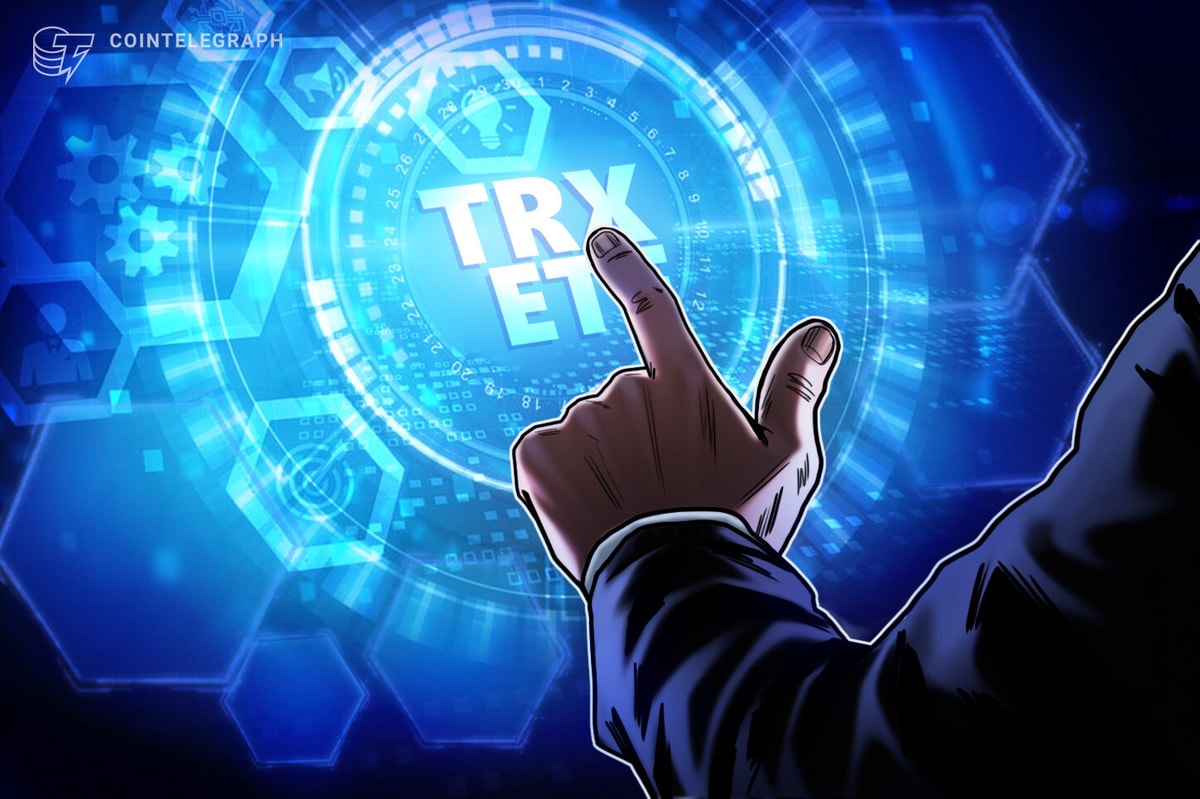Since 2013, the primary way new blockchain projects were funded was through a type of crowdfunding system known as an initial coin offering (ICO).
In an ICO, early-stage blockchain projects would issue and sell tokens to investors, who usually get first access to these tokens — generally at the best available prices. As the project built out its product, these tokens would often grow in value considerably, netting substantial returns for investors.
However, due to the risk of potential scams and failing projects, several newer solutions have emerged, which promise to provide a safer, fairer way to invest in new crypto projects.
Here, we take a look at three of the most promising in 2021.
Initial Validator Offering (IVO)
The Initial Validator Offering, or IVO, is one of the latest innovations in cryptocurrency crowdfunding.
The IVO solution was developed by KIRA, a blockchain platform that allows users to unlock the liquidity of their staked assets and access powerful decentralized finance (DeFi) applications.
It is a unique system that allows investors to invest in new, promising cryptocurrency projects without actually spending any of their money. Instead of directly providing funds to these new projects, investors simply stake their tokens with their chosen KIRA validator node, and in return receive staking rewards paid out in the new project token.
On the flip side, the project running its IVO will receive payment in the form of block rewards, which are proportional to the amount of money that is staked by users — minus any commissions charged by the validator. These funds can then be used by the project team to further develop their product.
We are planning to expand our IVO (Initial Validator Offering) to other projects and not just in crypto but also within the non crypto enterprises and even non profits
, where people can stake their assets and projects can raise funds
for their operations.
— KIRA Network (@kira_core) January 18, 2021
This process is known as “interchain mining” and is one of the key capabilities of the KIRA blockchain — the first platform to use the Multi-Bonded Proof of Stake (MBPoS) consensus system, which lets users stake assets from other blockchains on Kira to unlock their previously locked assets.
Since KIRA allows users to stake practically any tokenized asset, whether that be cryptocurrencies, tokenized physical assets, digital works of art, and more, it allows a greater range of investors to access the benefits of investing in early stage crypto projects.
Unlike with an ICO, users can pull their investment if a project launched under an IVO fails to deliver on its development roadmap or live up to expectations, providing the first truly risk-free decentralized crowdfunding system.
Dynamic Coin Offering (DYCO)

The Dynamic Coin Offering (DYCO) is a modern cryptocurrency crowdfunding system that allows users to invest in promising blockchain projects at an early stage of development while limiting their potential downside.
DYCO participants are able to participate in early-stage token sales while retaining the ability to send in their tokens for a partial refund should the project fail to live up to expectations or fall below its initial investment price.
This refund can be requested at any point during the fixed refund period, during which DYCO participants can choose to revoke their support for the project by sending in the tokens they purchased to receive a partial refund. Any tokens that are sent in for a refund are burned — removing them from the circulating supply.
The exact proportion of the initial investment that can be refunded varies from DYCO to DYCO, but has so far ranged between 65% for the DAO Maker (DAO) token to 80% for Orion Protocol (ORN). But since the first DYCO (Orion Protocol) reached almost 70x its DYCO price, and has never fallen below 5x this price, it’s unlikely anybody would want to send it in for a refund.
That said, should a DYCO token ever fall below the refund price floor during the refund window, traders would then be able to simply buy these tokens on the open market and send them in for refunds — netting the difference as profit.
With this system in place, the project is incentivized to keep meeting its roadmap goals and stick to its token lockup schedule or risk having its funding withdrawn by investors.
Initial DEX Offering (IDO)
In the early days of crypto fundraising, investors would typically need to deposit their investment funds in a wallet address controlled by the project they’re investing in.
As you might imagine, this poses a major problem. After all, how could investors be sure that they would receive their tokens are making their deposit? This issue was resolved with the advent of the initial DEX offering (IDO). This essentially uses a decentralized exchange platform to allow users to make their investment and guarantee they’ll receive the project tokens.
Unlike regular ICOs, IDOs typically use a funding pool system to limit the number of participants, the maximum contribution per participant, and the time the allocation is available. For particularly popular IDOs, investors may need to complete a whitelist or win a lottery to participate in the token sale.
Poolz Integrates Chainlink VRF technology on Mainnet for Fair and Unbiased Whitelisting of Investors
$POOLZ is warming up
https://t.co/Pfgh9W4Q2M
— Poolz (@Poolz__) January 15, 2021
The exact style and specifics of IDOs can vary considerably by the provider, and there are now several different platforms, including Poolz and Polkastarter, which are currently exploring the potential of IDOs, which will likely become more commonplace in 2021.
Disclaimer: The information presented here does not constitute investment advice or an offer to invest. The statements, views, and opinions expressed in this article are solely those of the author/company and do not represent those of Bitcoinist. We strongly advise our readers to DYOR before investing in any cryptocurrency, blockchain project, or ICO, particularly those that guarantee profits. Furthermore, Bitcoinist does not guarantee or imply that the cryptocurrencies or projects published are legal in any specific reader’s location. It is the reader’s responsibility to know the laws regarding cryptocurrencies and ICOs in his or her country.










